What is a DB pension transfer?
In this video, we answer the big questions: what are pensions? Why do we contribute monthly? How does your money work inside the pot? Watch Pension Basics Explained to find out now.
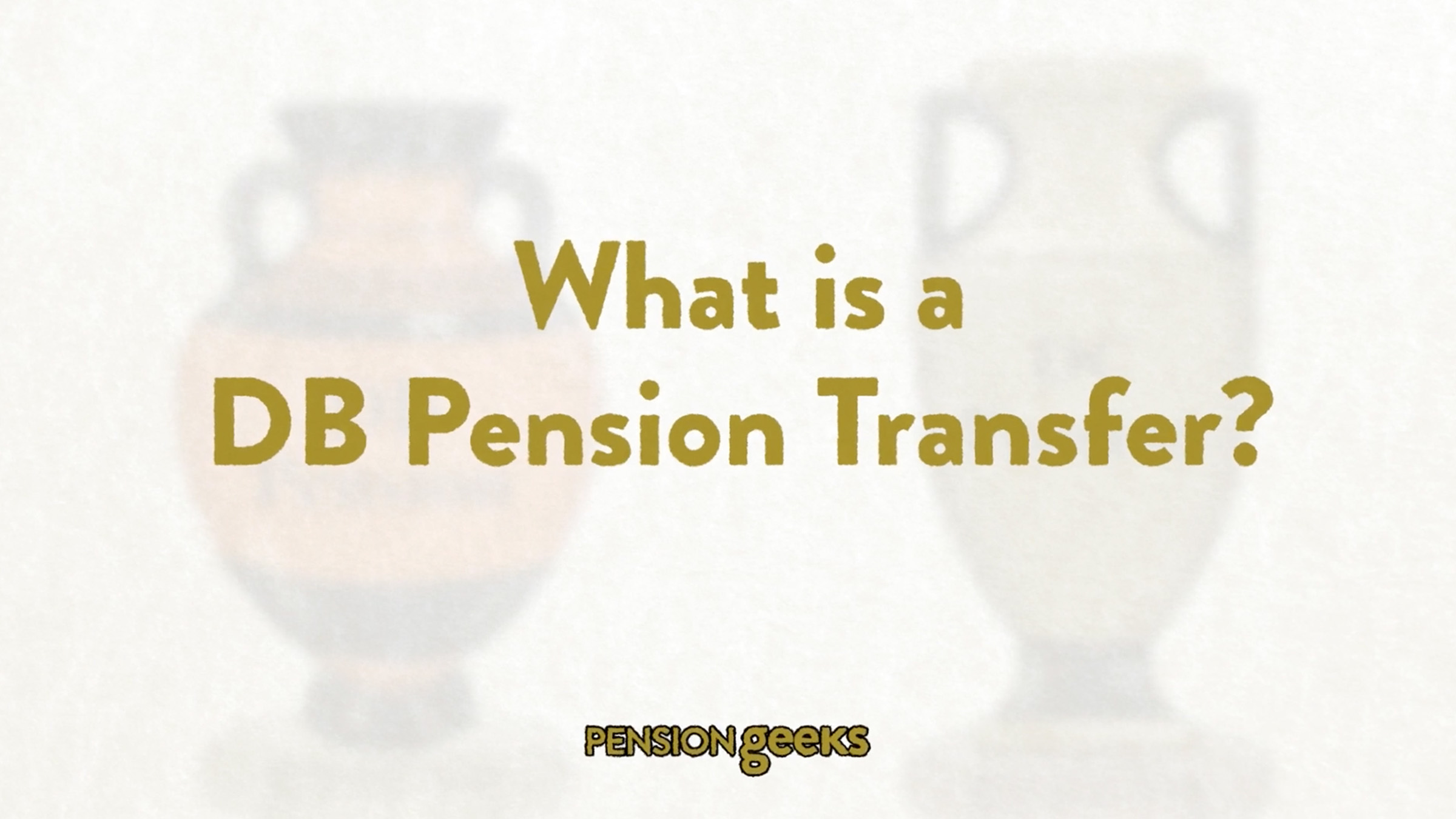
What is a DB transfer?
00:05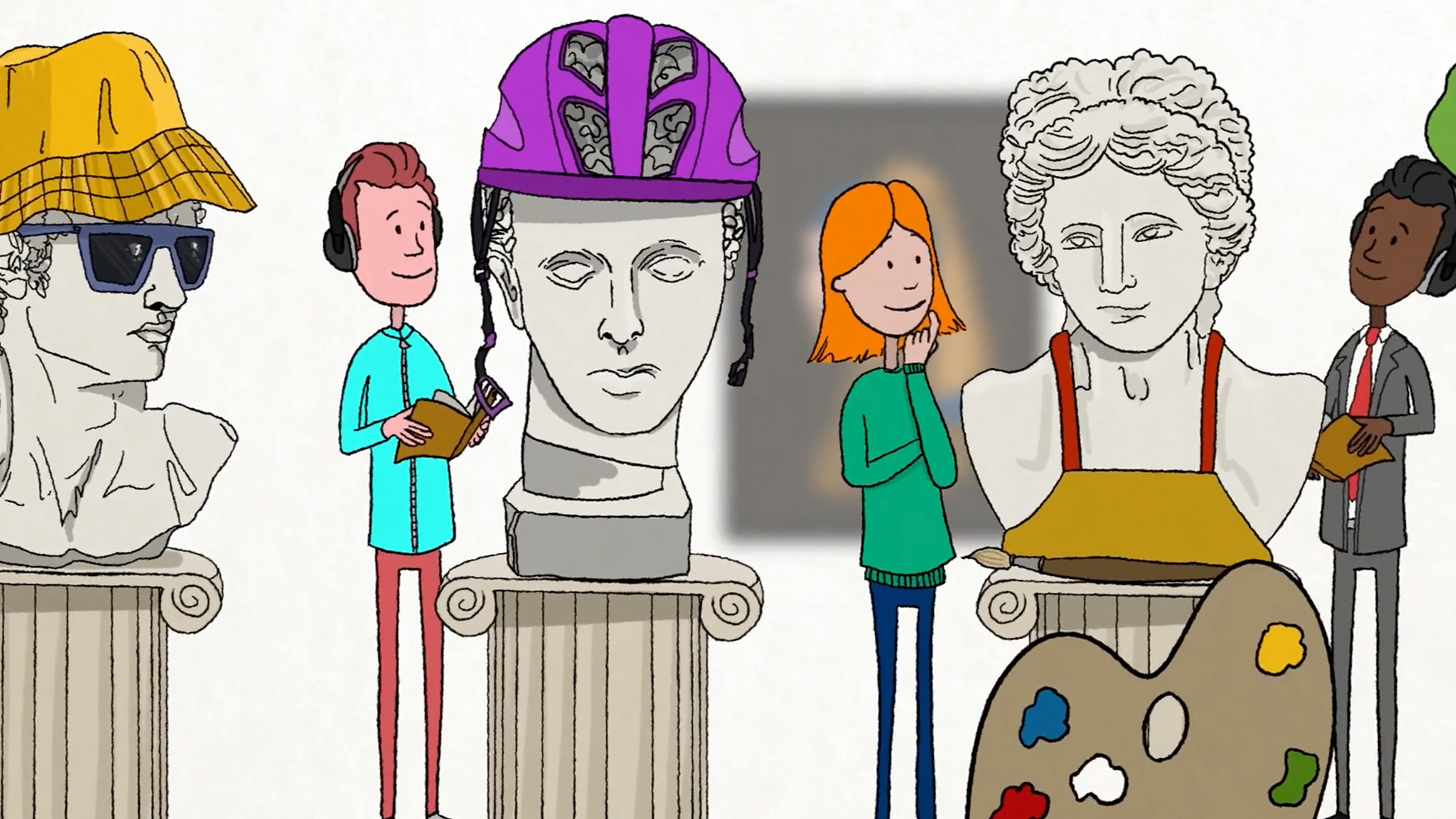
One thing’s for sure, retirement is different for everyone. And sometimes, something that used to be a nailed-on plan seems suddenly flimsy when the wind changes.
00:16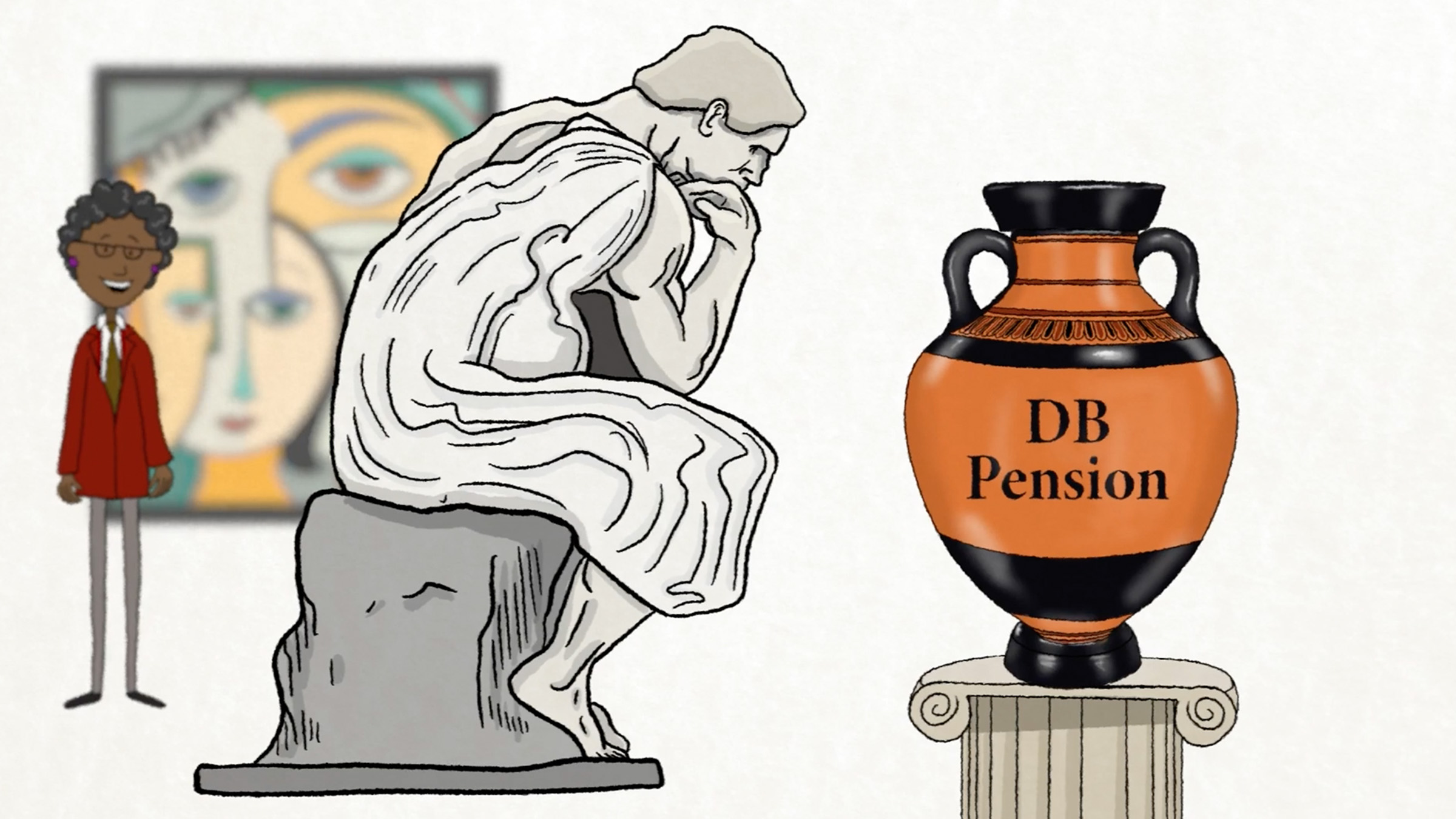
So, if you’re thinking of transferring out of your Defined Benefit pension, there’s nothing more important than getting a transfer lowdown.
00:24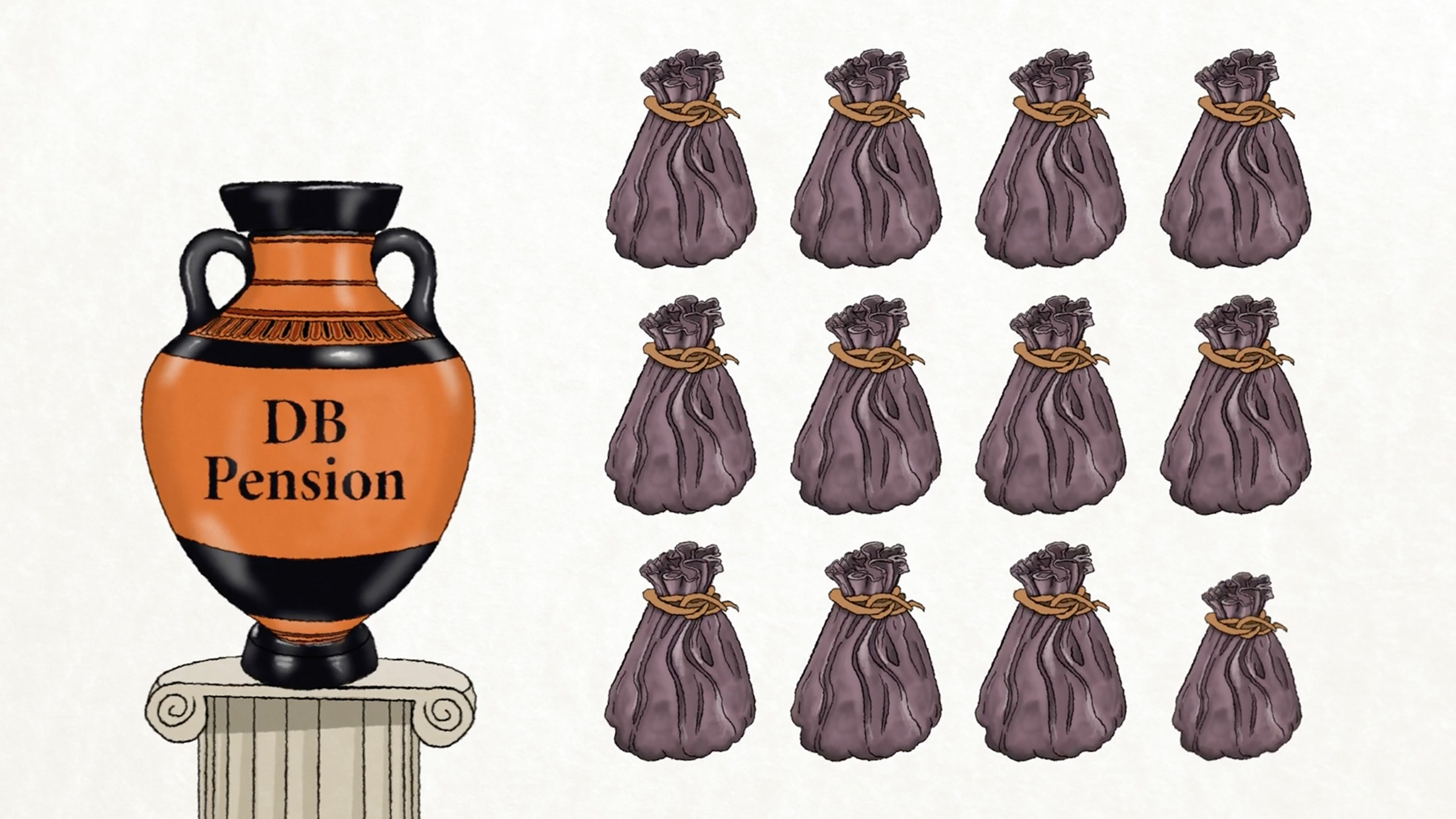
After all, transferring out of your DB pension means you’ll be exchanging your guaranteed income for life for an amount of money to invest into a Defined Contribution pension instead.
00:37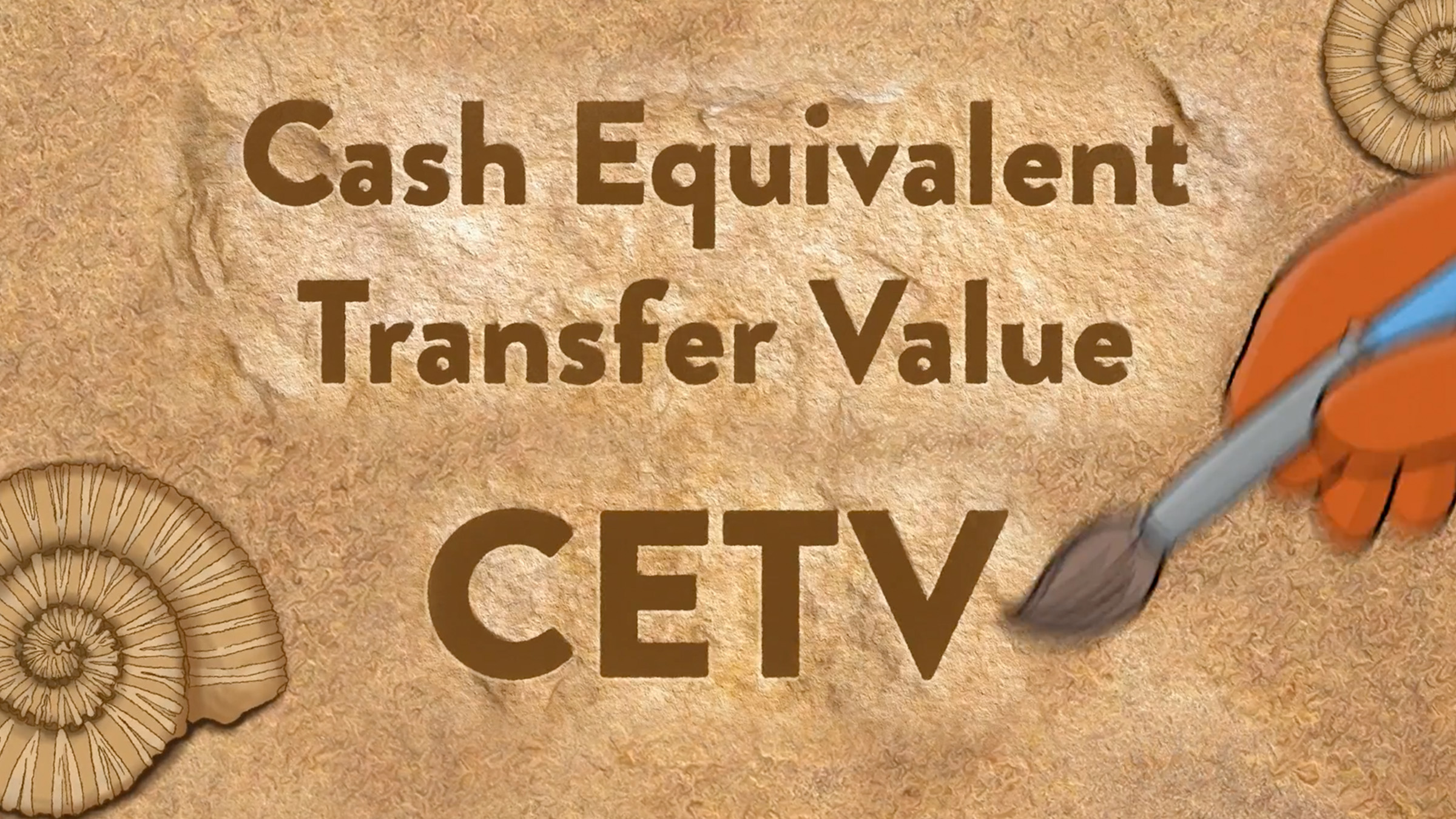 This exchange comes in the form of a Cash Equivalent Transfer Value, offered by your scheme - known as ‘CETV’ for short. The CETV is the amount that will be transferred.
00:52
This exchange comes in the form of a Cash Equivalent Transfer Value, offered by your scheme - known as ‘CETV’ for short. The CETV is the amount that will be transferred.
00:52
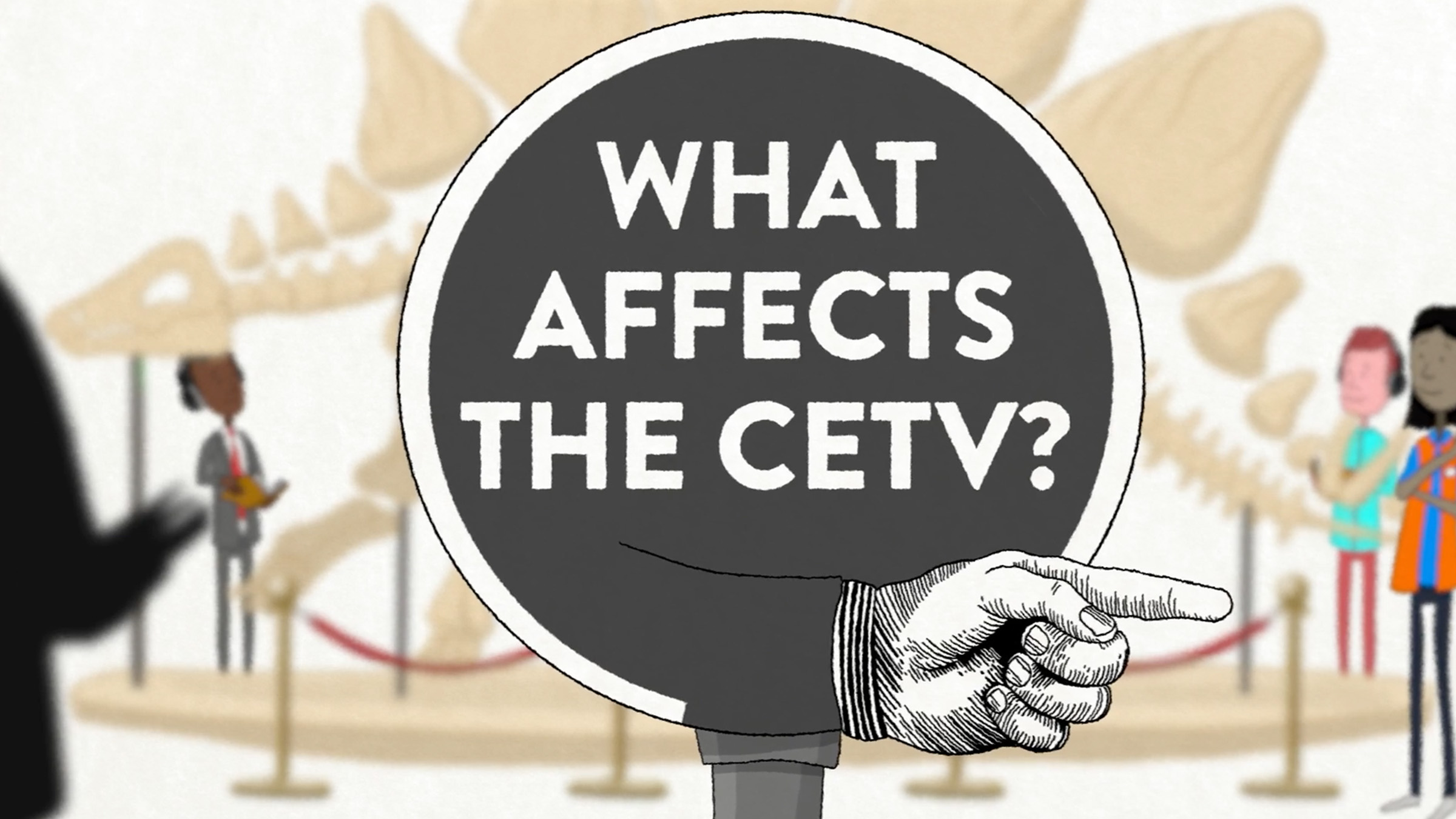
What affects the CETV?
There’s lots of factors that determine your CETV: the amount you’ve accrued in your DB pension, your age and life expectancy, your scheme’s retirement age, and the financial climate.
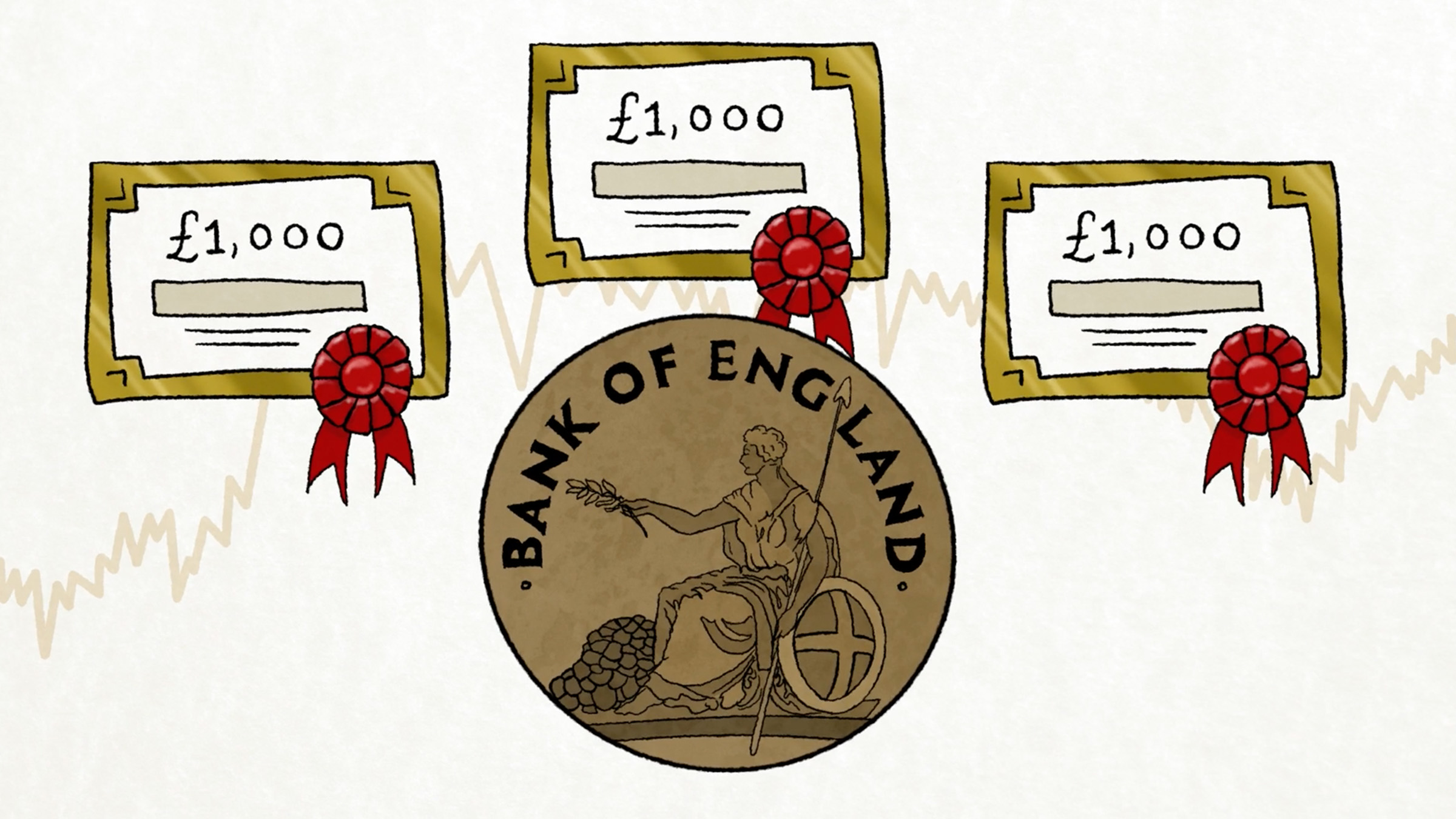
One of the biggest factors that has an impact on your CETV is how gilt yields are performing (the interest rates on UK government bonds). This is because defined benefit schemes invest in gilts to pay the incomes they have promised to members. If gilt yield values are high, transfer values are lower. These yields have risen significantly since the Government’s mini-budget, causing transfer values to be much lower than they were a couple of years ago. The opposite is also true, so when gilt yields go down, transfer values tend to go up.
01:45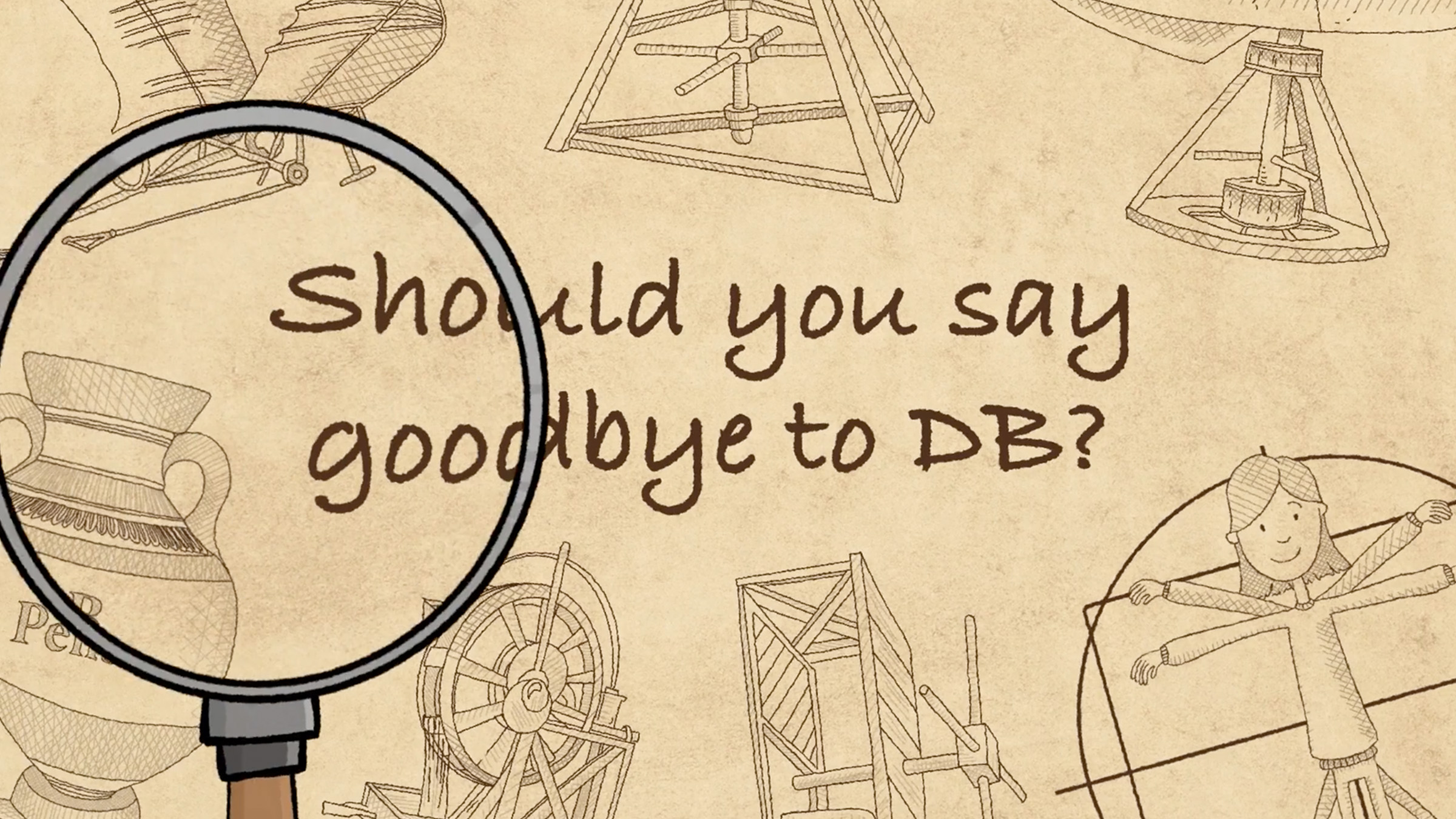
So, should you say goodbye to DB? Whether or not a DB transfer is right for you is a big question and the answer will depend entirely on your circumstances. Your health, the flexibility you’re looking for with your money and the potential to access more tax-free cash are the main reasons why you may look to move your DB pension.
02:08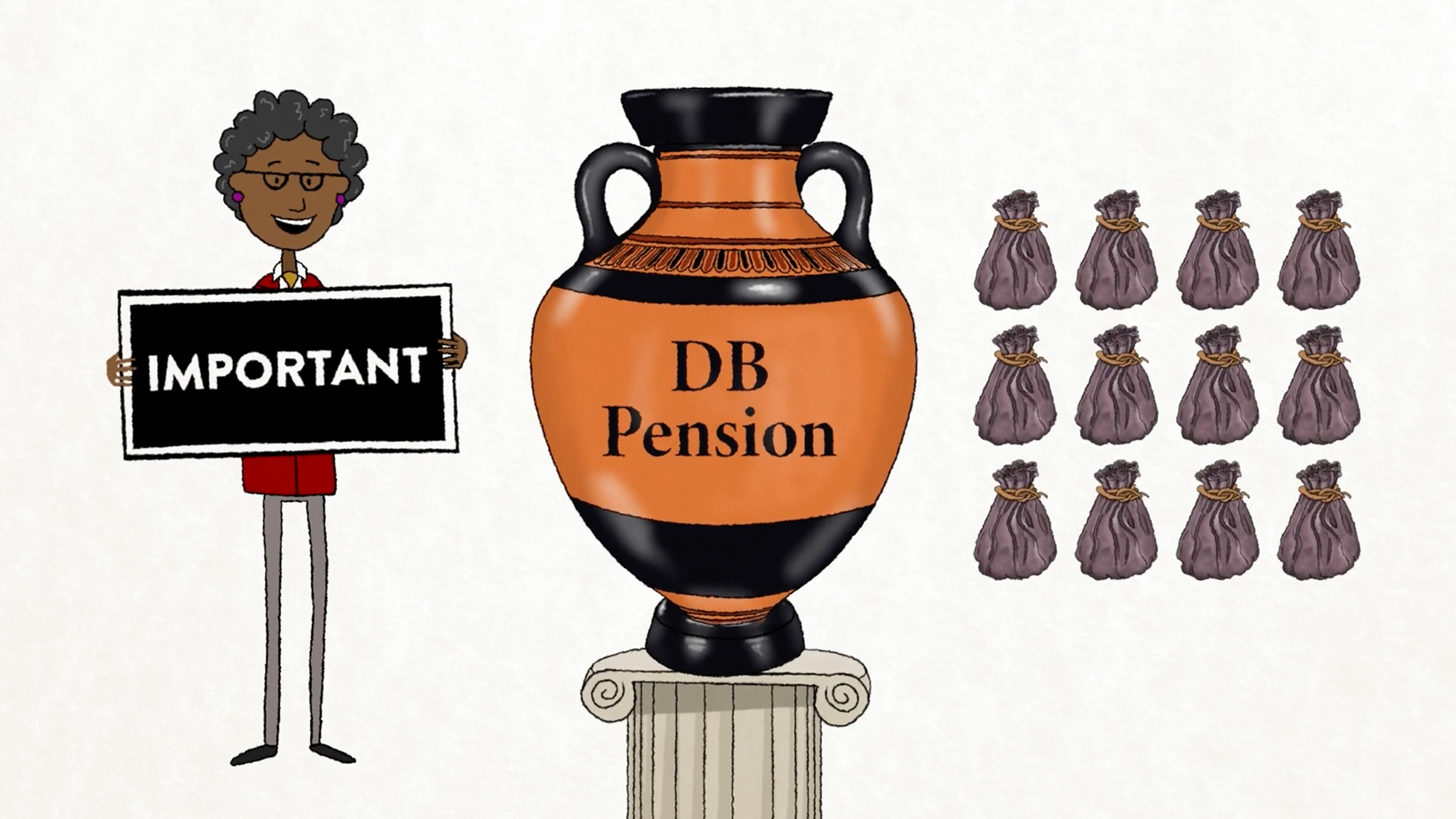
If you do decide to move, you’d be losing an income that is pretty much guaranteed for life, won’t fall in value - and receives some protection from inflation. In return, you’d get a Defined Contribution pension that you’d need to manage, would be subject to investment risk - which means the value of your money can go down as well as up - and you’d need to decide how to take your money.
02:34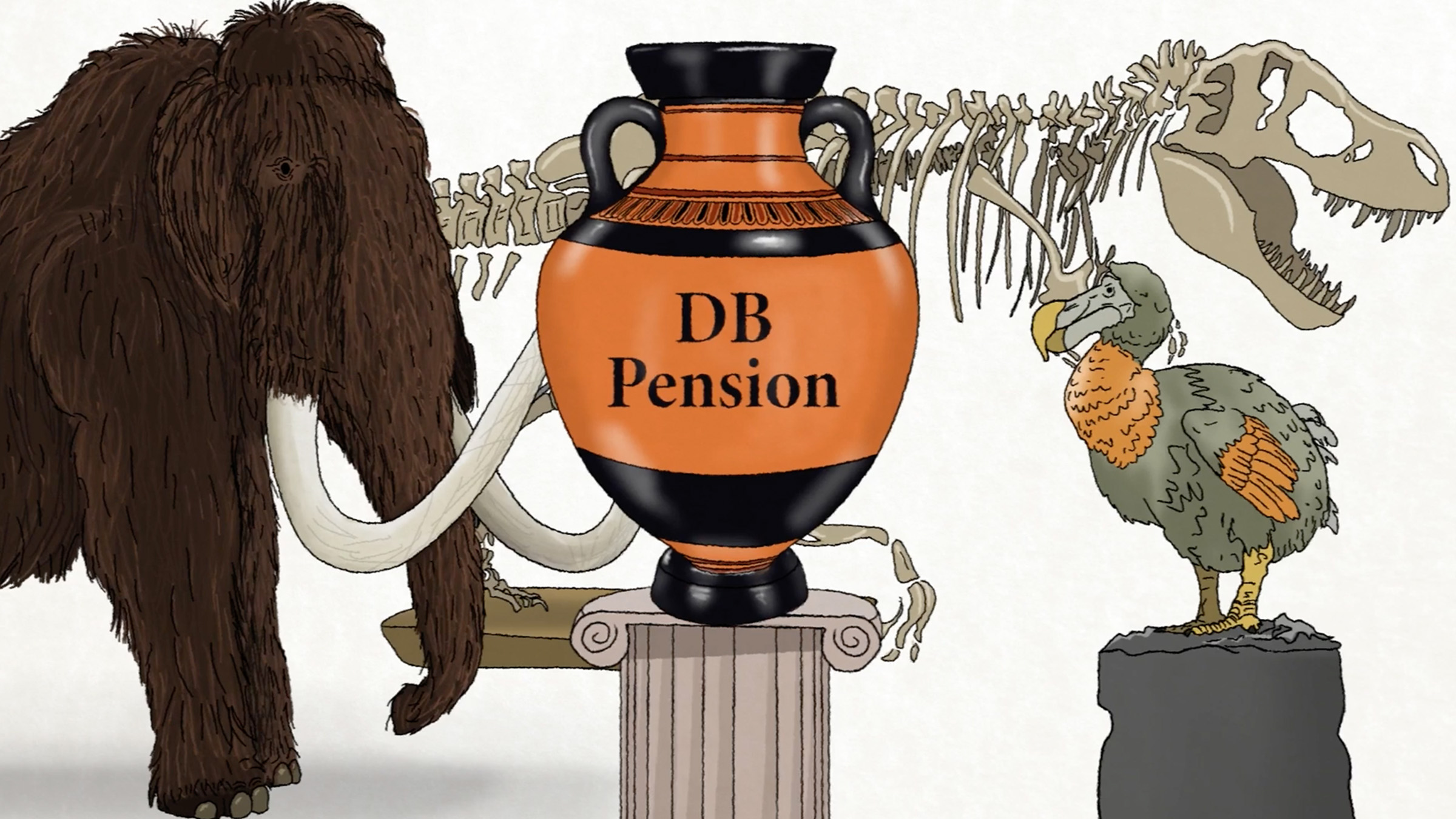
DB schemes are getting rarer - they’re largely extinct in the private sector. Defined Contribution pensions are much easier and cheaper for employers to run - and the investment risk is shouldered by the members, rather than the employer.
02:49
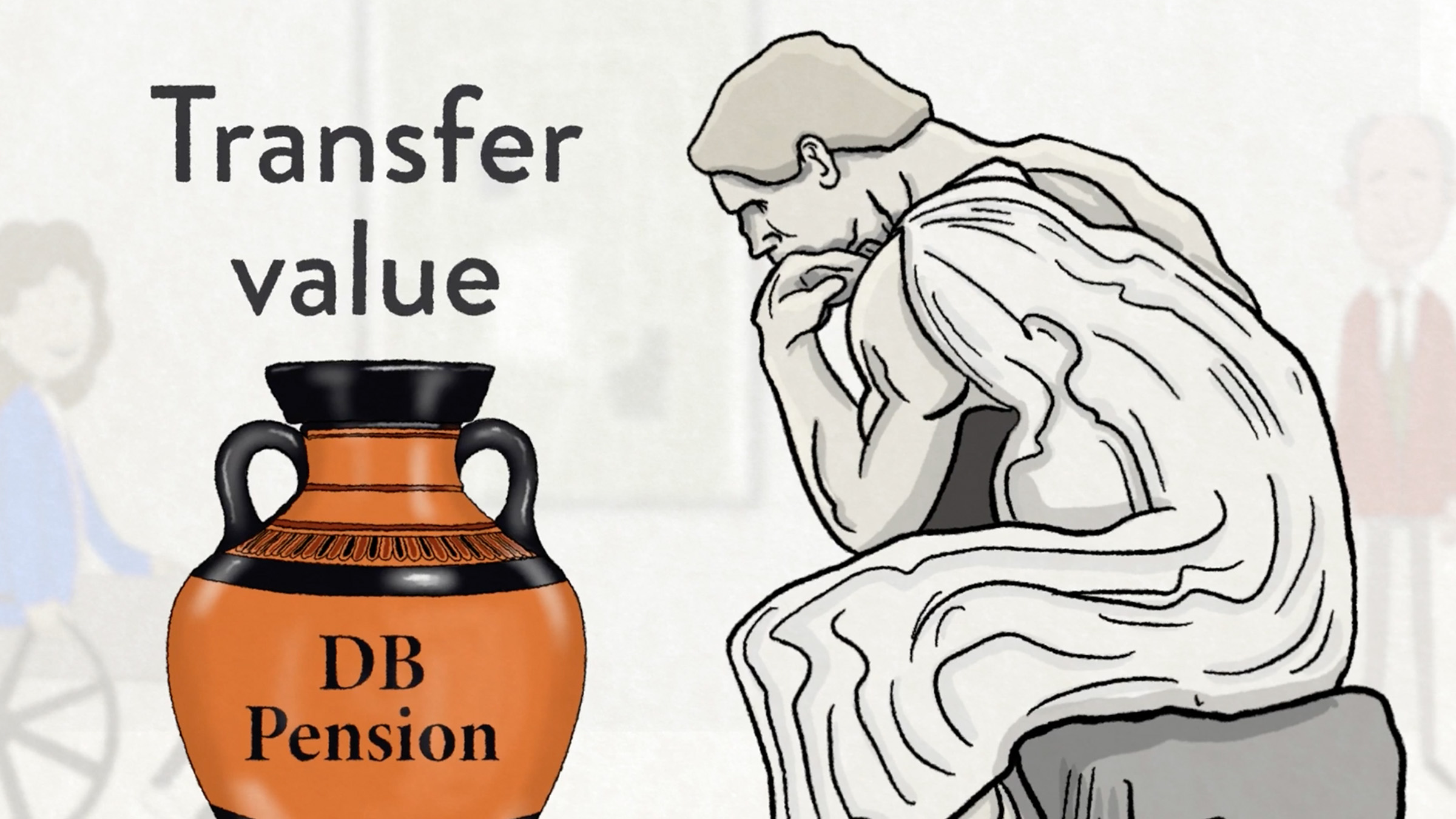 If you’re considering transferring the first step is to get a transfer value and don’t make a final decision until you’ve taken independent financial advice. In fact, if your transfer is worth more than £30,000 you must legally seek advice (MoneyHelper can help you to find the right financial adviser for you).
If you’re considering transferring the first step is to get a transfer value and don’t make a final decision until you’ve taken independent financial advice. In fact, if your transfer is worth more than £30,000 you must legally seek advice (MoneyHelper can help you to find the right financial adviser for you).
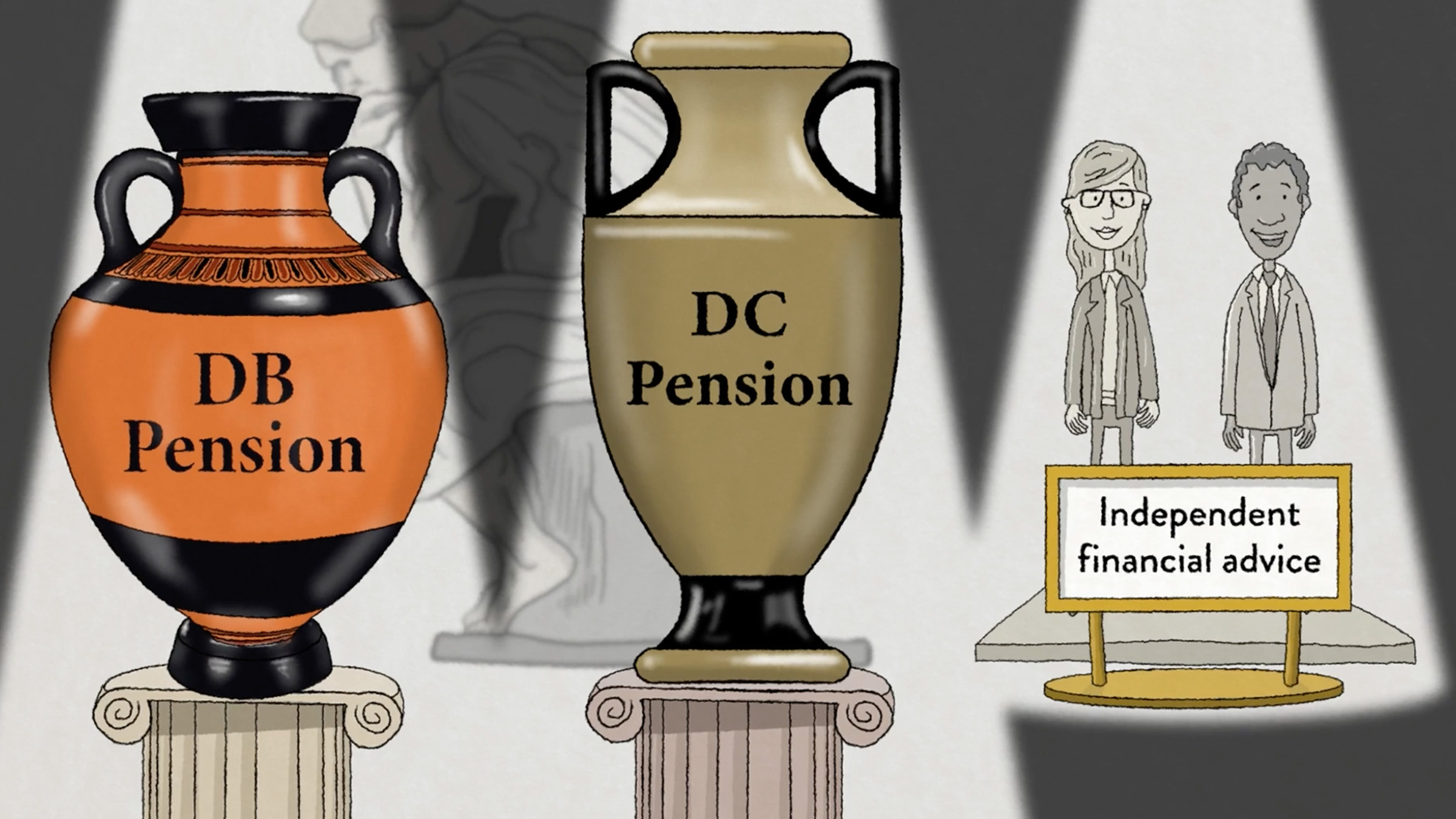
Change can be tempting, but it isn’t always necessary. Advice can help you work out whether a transfer is just change for the sake of change, or something that could really breathe new life into your retirement plans.
DO NOT EDIT THIS BOX UNLESS YOU'RE NOEL


